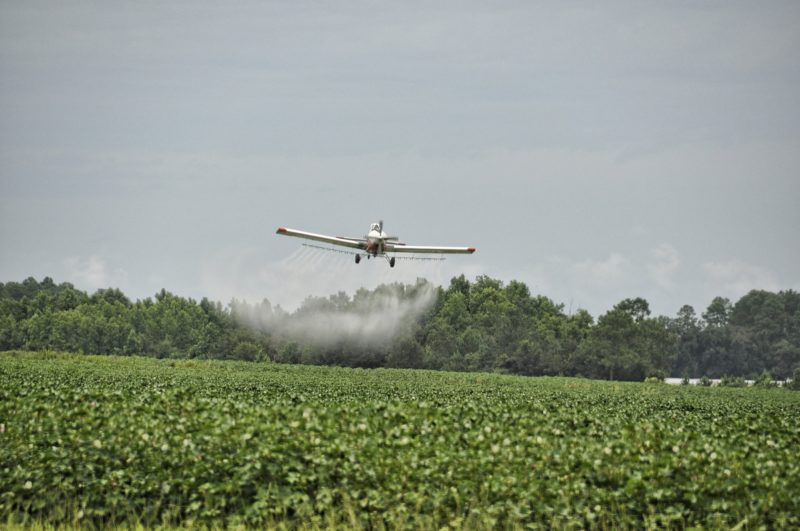Clean Environment

Antimicrobial resistance (AMR)
AMR develops when bacteria, fungi or viruses are exposed to antibiotics, antifungals or antivirals. As a result, the antimicrobials become ineffective and infections may persist. In addition, medical interventions including surgery, chemotherapy and stem cell therapy may become impossible.
AMR is considered the biggest global threat of Health and Food Safety.
AMR Insights:
For Environmental experts, officials and other professionals who wish to prevent the further spreading of Antimicrobial resistance, AMR Insights offers selected, global information and data, specific education and extensive networking and partnering opportunities.
AMR Insights is for:
- Environmental Researchers at universities and research institutes
- Environmental Experts at research and consultancy firms
- Labtechnicians at environmental quality laboratories
- Senior officials at national authorities and regulatory authorities staff
- Environmental Experts at drinking water, sewage and soil remediation companies
Latest Topics
-
 08 July 2024
08 July 2024Surveillance data of the Indian Network for Fishery and Animal Antimicrobial Resistance (INFAAR)
Antimicrobial resistance (AMR) is a significant global public health issue, exacerbated by the irrational use of antimicrobial agents in human and animal health and their presence in the environment. AMR in animal pathogens leads to disease treatments, increased severity, reduced productivity, and economic losses. Over half of the antimicrobials used in animals/fish are excreted as […]
Read more... -
 08 July 2024
08 July 2024Temporal dynamics and persistence of resistance genes to broad spectrum antibiotics in an urban community
This study uses quantitative real-time PCR to analyze 123 antibiotic resistance genes (ARGs) and 13 mobile genetic elements (MGEs) in wastewater from an urban community. Approximately 50% of tested ARG subtypes were consistently detected, with maximum abundance in winter months. Detected clinically significant genes and variants contribute to core/persistent resistance to β-lactam, aminoglycoside, tetracycline, and […]
Read more... -
 01 July 2024
01 July 2024Anthropogenic pollution may enhance natural transformation in water, favouring the spread of antibiotic resistance genes
This study investigates the impact of anthropogenic water pollution on microbial community diversity, the antimicrobial resistance gene (ARG) dissemination, and the antimicrobial resistance gene (ARG) resistance. The research found that treated wastewater had higher anthropogenic pollution-related parameters than lake water, with higher richness in microbial community, antimicrobial resistome, and high-risk ARGs. The study also found […]
Read more...
More news related to Clean environment



